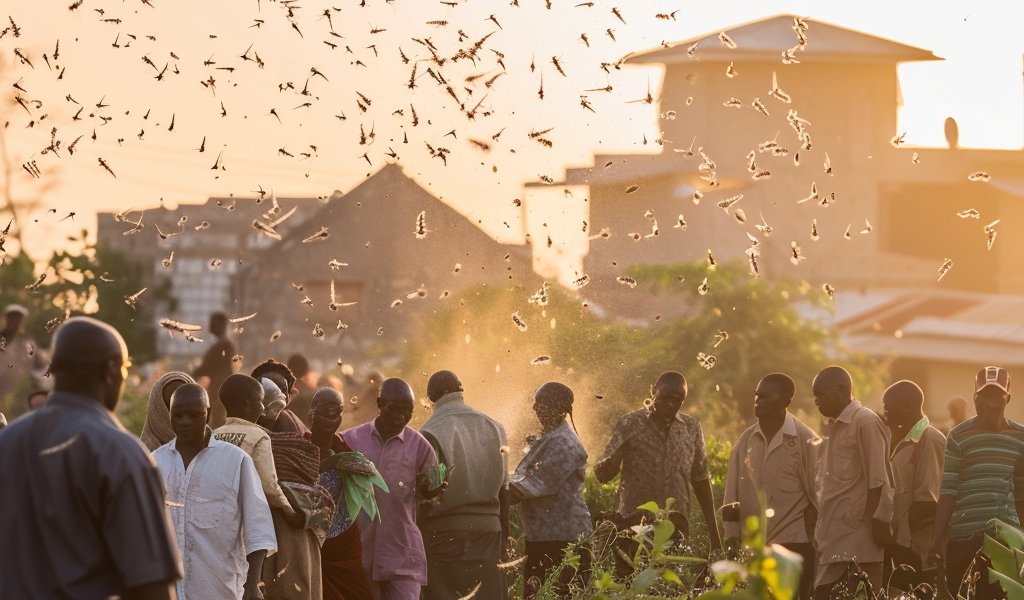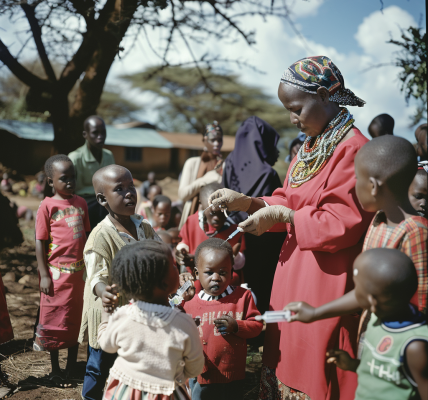Djibouti has taken a groundbreaking step in the fight against malaria by releasing genetically engineered mosquitoes in a suburb as part of the Djibouti Friendly Mosquito Programme. This initiative aims to combat the highly invasive Anopheles stephensi mosquito, which has led to a significant increase in urban malaria cases in Djibouti’s capital and is spreading rapidly throughout the Horn of Africa.
The Djibouti Friendly Mosquito Programme is a collaborative effort involving Djibouti’s National Malaria Control Programme, the not-for-profit Association Mutualis, and Oxitec Ltd, a leading developer of biological solutions to control disease-transmitting pests, founded by the University of Oxford.
In a pilot project, thousands of genetically modified male mosquitoes were released in Ambouli, a community in Djibouti City, with plans for more releases in the coming weeks. This marks the first time genetically engineered mosquitoes have been released in East Africa and the second time on the African continent.
Uganda is also gearing up to implement a similar strategy in partnership with Oxitec, the Uganda Virus Research Institute, and the Ugandan Ministry of Health. The collaboration aims to develop a genetically engineered mosquito solution targeting Anopheles funestus, a major malaria transmitter in East Africa, although the timeline for release in Uganda is yet to be determined.
The first release of genetically modified malaria mosquitoes in Africa occurred in Burkina Faso in 2019, where sterile GE strains of the Anopheles coluzzii were released. These mosquitoes were modified to be sterile, preventing them from producing offspring.
In the case of Djibouti, the genetically engineered mosquitoes are non-biting males carrying a self-limiting gene that hinders female offspring from reaching adulthood, thereby reducing the mosquito population over time.





